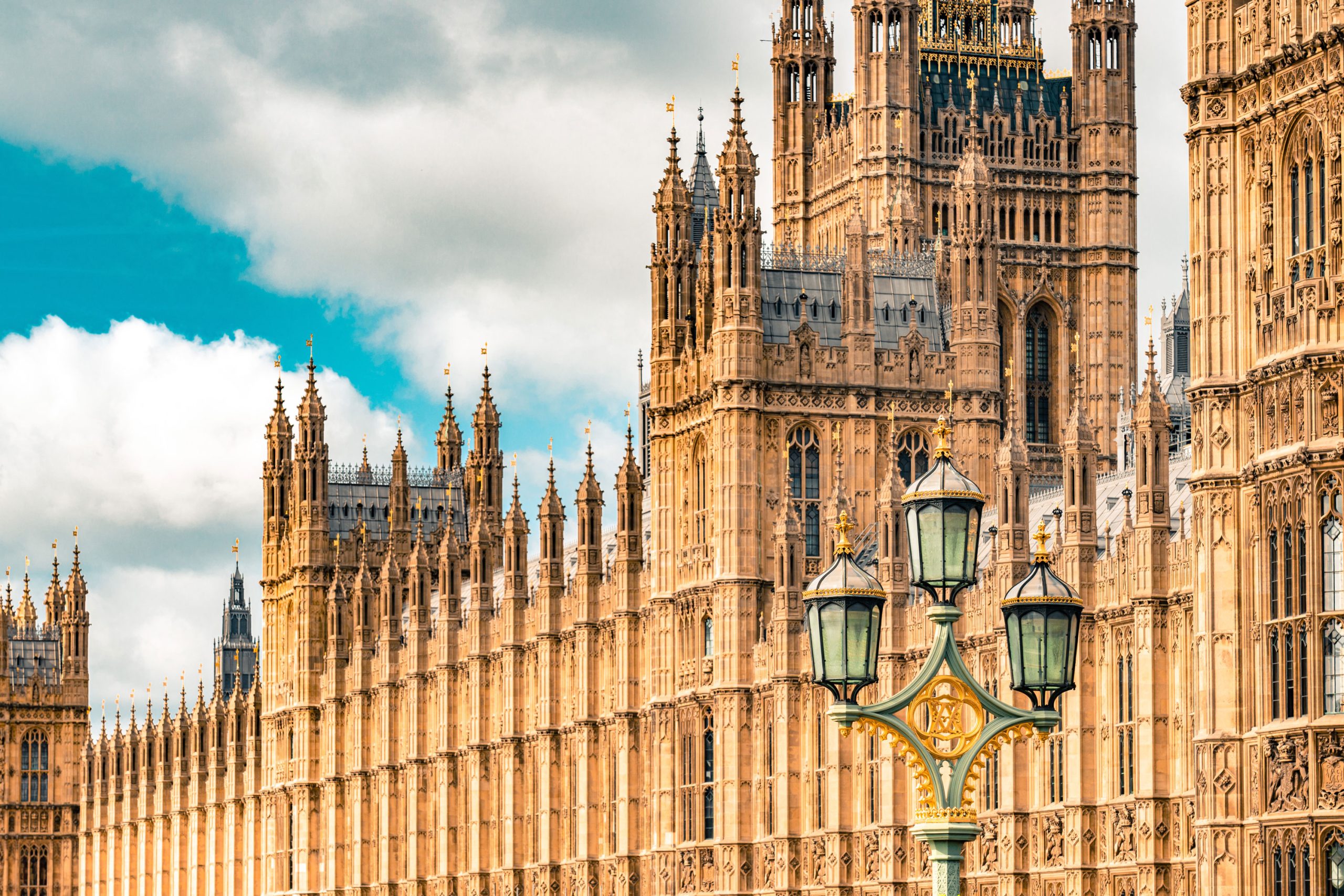IR Weekly – Monday 13th July
Welcome to FTI Consulting’s IR Weekly newsletter.
In this week’s edition, we explore the likelihood of a resurgence of activist attacks following the Covid-19 outbreak, before reviewing the growing impact of ESG on FTSE 100 & 350 company boards from an IR standpoint. Next, we look at the complex balancing act analysts face in regard to negative stock calls, in addition to lessons learned from recent reputational mishaps. Finally, we delve into the impact of the coronavirus pandemic on IR duties before ending on how the lockdown has led to a reported decline in suspicious trading activities.
This week’s news
Resurgence of activist attacks
Financial Times reported that we should expect a reinvigoration of investor activism in upcoming weeks, following a quiet period as a result of Covid-19 disruption. While many funds kept a low profile in the early stages of the coronavirus pandemic, bankers have now urged their corporate clients to brace themselves for an onslaught from activist investors, spurred by upcoming second-quarter company results. While the pandemic had disastrous implications for the UK economy, it crucially pushed down a range of company share prices and exposed weaknesses in their business models, making them particularly vulnerable to external pressure. Given the “tremendous” amount of activism that occurred after the 2008 financial crash, head of activist defence at UBS, Darren Novak, argued it’s likely that the current environment will mirror this, with second-quarter results expected to be “just the beginning of the wave”.
The growing impact of ESG on FTSE boards
In a survey of the Heads of Investor Relations across the FTSE 100 & 350, Sainty Hird & Partners found an overwhelming majority agreeing that ESG had played a greater role in the firm’s engagement with investors over the past twelve months. Survey data showed that FTSE leaders are taking ESG efforts seriously, with 57% of ESG programmes being overseen by the CEO or Chairman, and 68% having a board committee member dealing specifically with ESG. This is mirrored in the investor landscape, as 96% of companies reported an increase in investor engagement on ESG in the past 12 months, while 82% of investors are looking for more board involvement in ESG initiatives. The report concluded, however, that progress on ESG is still needed: a significant number of firms are still unclear how to navigate this new ESG-focused landscape, with only 68% of boards feeling reasonably comfortable with the processes they have in place to manage ESG engagement with investors.
The analyst balancing act
The collapse of Wirecard, one of the biggest frauds in European history, continues to highlight the complex ‘balancing act’ analysts face. This comes as analysts who continued to issue favourable calls on the fintech firm were left red-faced, Financial News reported. Given negative calls can lead some businesses to restrict access to their management firms – which form a pivotal source of analyst information – and given the crucial role for banks as middlemen between investor clients and powerful companies, this highlights the importance of analyst reputation within the investment community. It also reflects a further dilemma analysts face of getting caught between selling accurate research, and trying to please the clients and firms they cover.
Lessons learned: protecting corporate reputations
From Wetherspoon to Boohoo, the pandemic has seen its flow of reputational mishaps. The Financial Times’ Special Report has looked into recent reputational fiascos, establishing lessons learned and ways in which companies can protect their reputations. Citing the recent backlash faced by Boohoo, the article outlined the importance of remaining transparent and behaving responsibly to sustain company reputation and ensure stronger long-term investment returns.
Covid-19 prompts a change in IR duties
Research published by IR Magazine looks into how the coronavirus pandemic has affected investor relations thus far. According to the new research, Covid-19 has led to a rise in additional responsibilities given to IR professionals. Indeed, 38% of IROs globally said that their non-IR duties have increased since the coronavirus outbreak. Commenting on the main changes that have taken place in the IR spectrum, survey participants mentioned the increase in demands, virtual engagement and additional reporting with less focus on numbers versus trends. As for the future, the report suggests that these duties are likely to persist as 41% of IROs globally are expecting their non-IR responsibilities to greatly increase.
And Finally… Are city traders behaving or are regulators doing their job?
Writing for the Evening Standard, Simon English shared his view on a report published by Bloomberg. The report suggested that there has been a plunge in suspicious UK trading alerts as dealers are now working from home instead of meeting in ‘shady bars’. He speculated that the decrease in suspicious activity is perhaps due to the efficiency of the FCA’s online monitoring system both in and outside of the office and perhaps due to traders’ fears of losing their jobs; nevertheless, he argues that the trend will not last.
Contact Us
To be added to the distribution list for IR Weekly, or for further information on the dedicated investor relations team at FTI, please contact [email protected]




